“Dark Obsession” tackles themes of marriage and motherhood through an art-inspired lens but is more paint-by-number than modern masterpiece.
There are certain topics we are not encouraged or supported to discuss openly. Miscarriage and the associated grief surrounding it, abusive relationships, and the honest rejection of traditional sex and gender roles most definitely live in that culturally taboo space — at least through my lens as an American-raised, western-educated, agender woman and mother living in Canada (positionality definitely matters in this one, Folks).
Yipes. That was a heavy opener.
I guess I should offer a disclaimer: You may find a deeper connection with my reflections about Dark Obsession if you have a uterus and have navigated the expectations of womanhood.
Now, it’s really too bad we aren’t encouraged to share our knowledge and feelings about these experiences.
There is a wealth of strength and security to be found in peer-to-peer connection, especially when it comes to the heavy stuff. In fact, there is an abundance of evidence to show the benefits of safe, healthy social connections. (Gestures emphatically toward the polyvagal theory, sociality, and finding opportunities to co-regulate safely.)
So I was really excited to see writer Blaine Morris’ willingness to explore these darker realities that many women face — often quietly and without those potential social benefits.
In fact, we even see our protagonist Anne’s (also played by Morris) failed attempts to find meaningful support.
There’s her friend Maya, whom she connects with by phone (voiced by Mena Suvari). Maya pushes overly simplified messages of empowerment and fails to appreciate the struggle Anne faces.
In the face of grief, abuse, and expectations (self- and culturally imposed), it’s not as simple as, “Oh girl, you’re too good for him. Move on.” (Maya doesn’t actually say that, but that’s how it feels.)
Then, we’re introduced to a neighbor, Charlotte (Danielle Harris cameo; she’s on a roll lately with this and Roadkill), whom we feel that glimmer of connection with until Charlotte’s husband interjects and severs the line to that possible life preserver.
This is part of the problem:
Where and when is it safe to unpack some of these experiences and feelings?
Maggie, Henry’s sister, is not open to consider, let alone acknowledge, her brother’s capability of and capacity for abuse. Anne’s mom has great intentions, but her immediate suggestion to fly out and look after everything threatens some of Anne’s much-needed agency.
In reading all of this, you are probably thinking I dug this film. Alas, I did not.
I have to respectfully disagree with my peer here at Morbidly Beautiful, Charlotte Spark.
This film isn’t worth it for me, even with the plot twist (which wasn’t particularly “twisty” to me; it felt like a natural and fairly obvious progression). I simply could not connect with Morris as an actor. I found myself constantly wishing Morris had sought and trusted someone else to be our Anne because I don’t think my issue is with the screenplay or the direction.
And I get it.
For all of the reasons I opened with, Anne’s experience is complex and conflicted – conveying the emotional and psychological depth of her reality without devolving into caricature is no easy task.
However, I feel Morris should have sought another actor to breathe life into her (and fellow writer George Henry Horton’s) words. I needed someone more capable of painting the quietly painful and terrifying picture of Anne’s relationship with both her husband and herself.
This disconnect with Anne led me to struggle with other choices, like some of the set design and lighting. For me, Morris’ performance was like a pulled thread in a sweater. I couldn’t let it be, and I kept pulling at it until the whole piece unraveled and was ruined for me.
Ultimately, I respect the screenplay, even if I struggled with Mr. Biltmore as an odd hiccup in the story arc (I don’t think it was a necessary motivator for Maggie’s visit) and could not suspend my disbelief over Anne easily selling the home without any effort to secure Henry’s signature on the paperwork.
(I know, I know, I’m getting nit-picky, but that thread was a particularly niggly one, y’all….)
And it’s really too bad. I learned very quickly in my journey into motherhood that there is so much more women should be sharing with each other.
I wish I could recommend Dark Obsession as a way to appreciate the importance of peer support and encourage more of that openness with one another. But I can’t.
Morris’ website indicates she is “focused on diverse female and queer genre driven stories,” which I hope Morris might trust with more capable actors in the future.


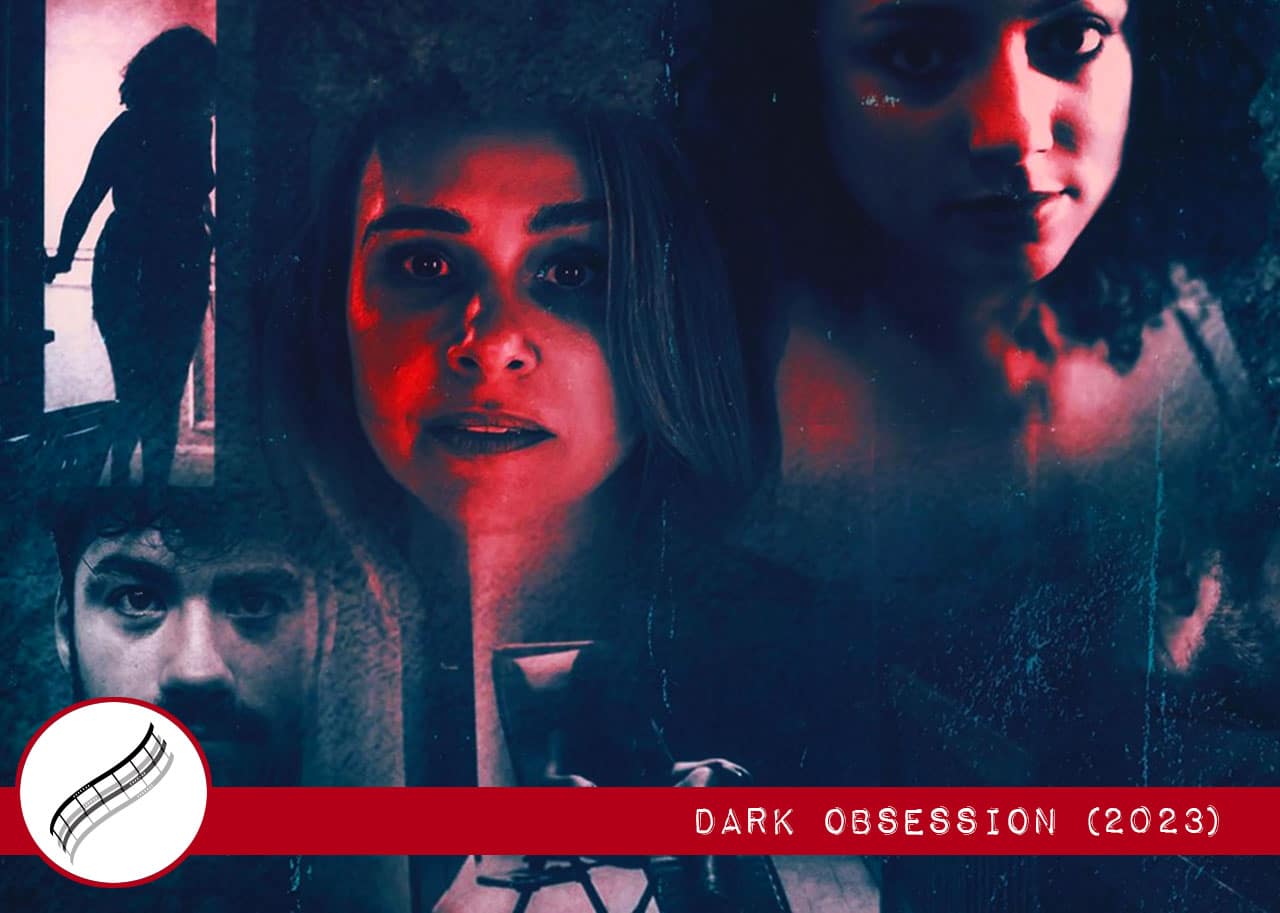
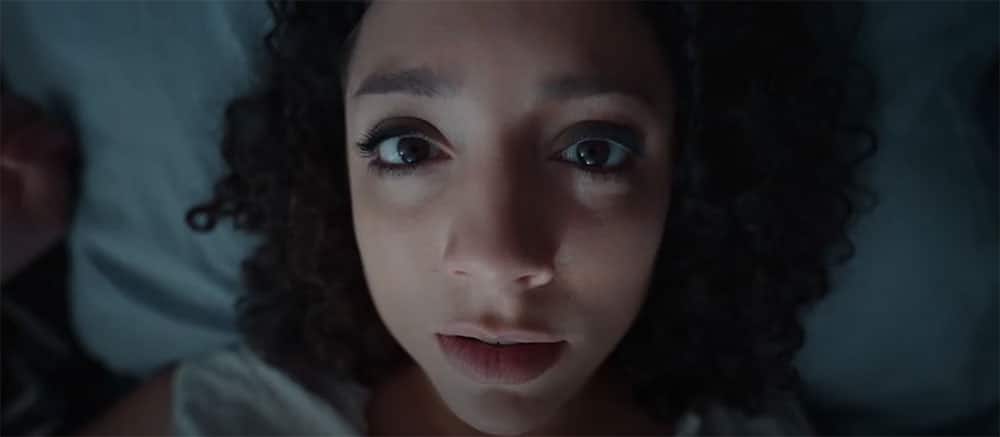
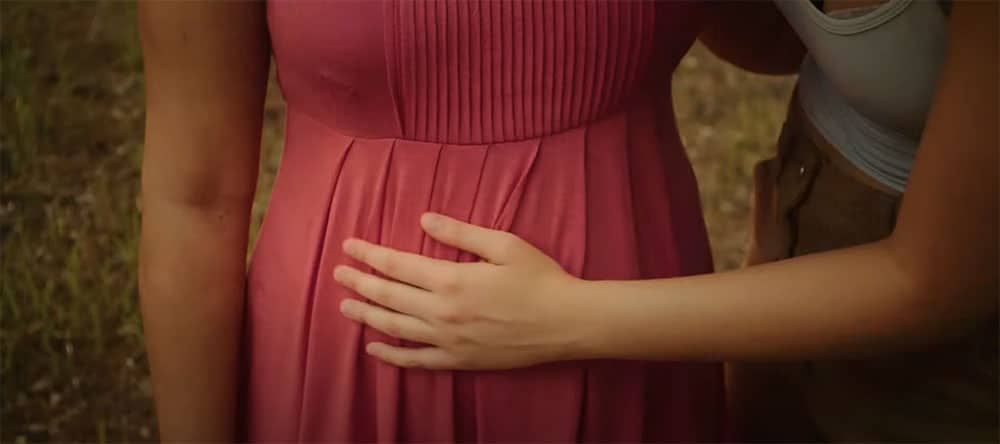
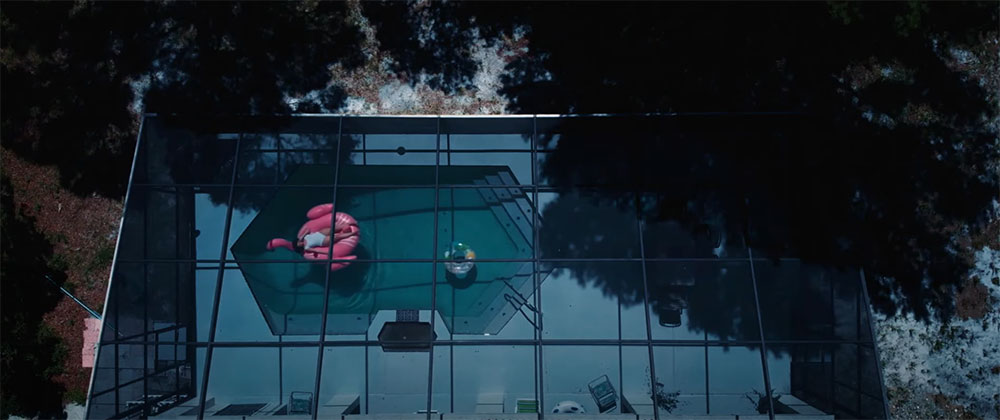
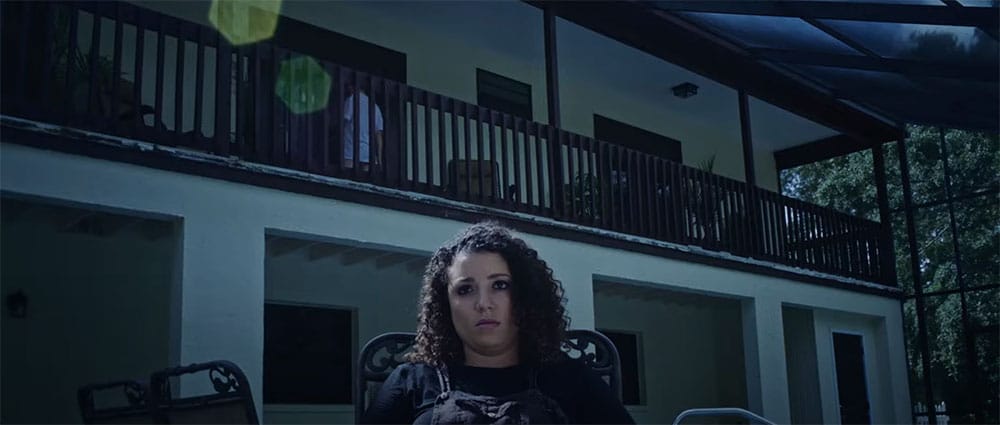
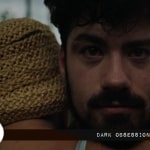

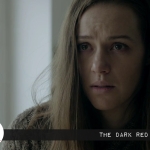
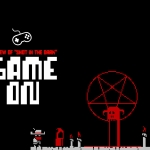







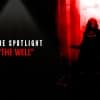
Follow Us!